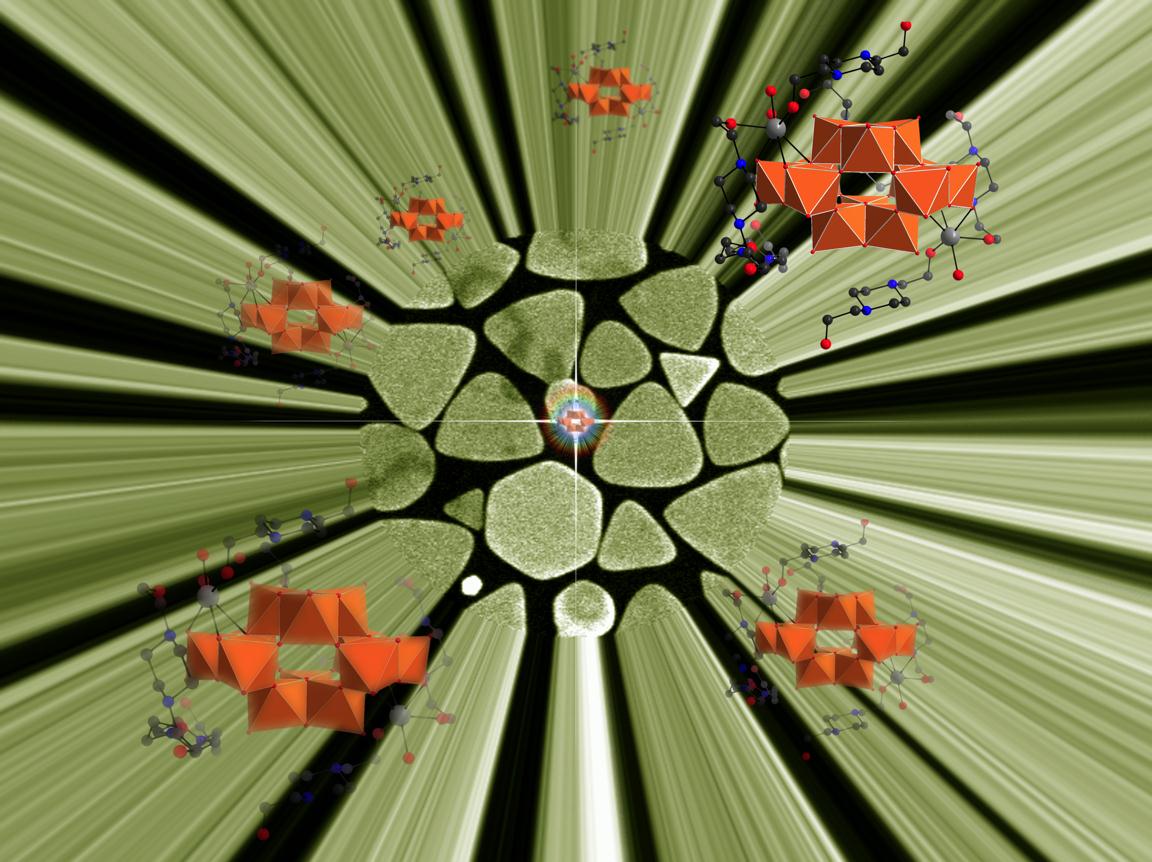PI: Jesús Martínez de la Fuente
R+D Spanish National Program
(2018-2020)
The use of enzymes as biocatalysts for industrial applications has been spreading dramatically in recent years. This is due to the properties that these biocatalysts possess, such as their high catalytic efficiency, their high specificity and selectivity, as well as being able to act under mild reaction conditions. However, there are still challenges that must be solved in order to fully exploit its industrial potential. Probably the main problem of these proteins is their low stability under desired reaction conditions in industrial processes (mechanical
agitation, solvents, high temperatures, extreme pH, etc.). This project seeks to overcome some of these limitations: 1) exploiting the ability of magnetic nanoparticles to produce heat in response to the application of alternating magnetic fields; 2) using enzymes obtained
from thermophilic organisms and operating at high optimum reaction temperatures. The idea is to use this property of magnetic nanoparticles to locally reach a temperature close to the optimum temperature of the enzyme. This will allow the remote control of the temperature in the microenvironment of the enzyme and thus allow selective and exponential increase of its efficiency.
This project will focus on the ability to selectively activate enzymes with different optimum working temperatures and on the other hand the treatment of cancer by enzymatic therapy. In the case of the application in multienzymatic biocatalysis, enzymes with different optimum temperatures will be used. The main aim of this objective is to obtain enantiopure derivatives of hydroxypropionaldehyde by asymmetric oxidation of prochiral derivatives of 1,3-propanediol catalyzed by an alcohol-dehydrogenase and including a coupled multi-enzymatic process (NADH oxidase and one catalase). On the other hand, this concept of biocatalysis will be used for the development of a targeted enzymatic tumor therapy. Using magnetic hyperthermia and inducing the local temperature activation of horseradish peroxidase (optimum temperature of 45ºC), cytotoxic
peroxylated radicals from 3-indole-acetic acid will be obtained. In this way, we will reach a novel approach of switch “on / off” for the remote activation of pro-drugs for cancer therapy. Therefore, the development of this project will allow to lay the foundations of a new
strategy of targeted enzymatic therapy based on triggering a remote activation of the therapeutic enzyme based on nanoacting.
